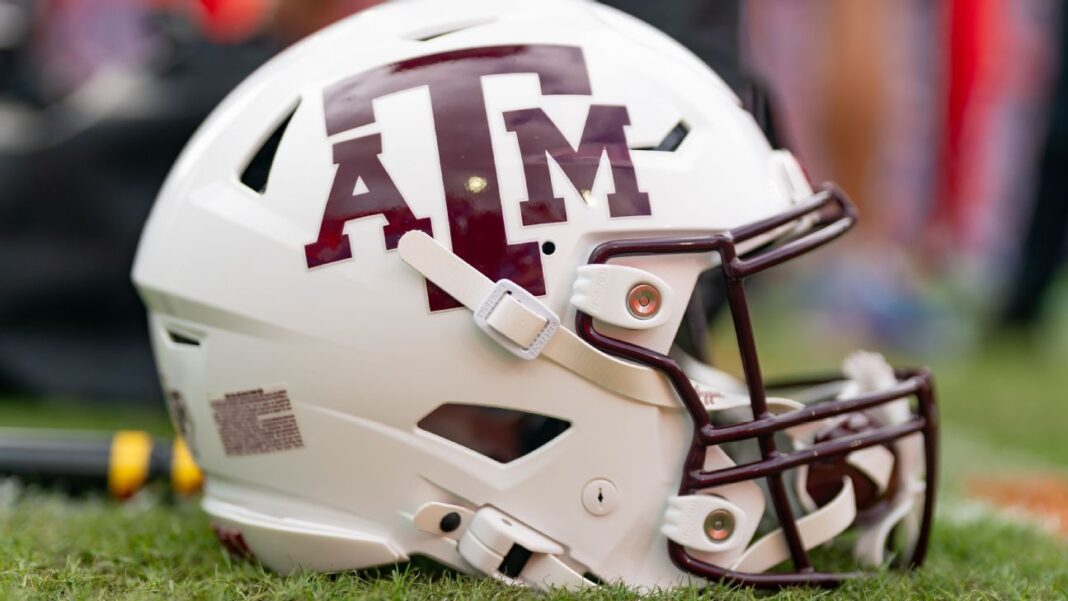Texas A&M’s $50,000 Fine: A Deep Dive into the SEC’s Faking Injury Policy
On October 21, 2025, Texas A&M made headlines as the first SEC football program to receive a significant $50,000 fine related to a violation of the conference’s policies on faking injuries during games. The scenario unfolded during a thrilling matchup against Arkansas, and its implications go far beyond just a financial penalty.
What Happened During the Game?
In a nail-biting fourth quarter of the game—one that Texas A&M ultimately won 45-42—defensive back Tyreek Chappell was observed sitting down on the field ostensibly to halt play. This action came after the ball had already been spotted, raising eyebrows and prompting a review of the incident. Video footage showed a Texas A&M staff member signaling Chappell to go down, which the SEC deemed as an attempt to exploit the injury timeout rule strategically.
SEC’s Review Process
Steve Shaw, the national coordinator of football officials, led the review of the incident. His analysis revealed that Chappell exhibited no signs of injury prior to sitting down and gave no indication that he was hurt until he pointed to his right leg. Because of this violation, Texas A&M was not only assessed a timeout but also flagged for unsportsmanlike conduct. The message was clear: the SEC aims to maintain the integrity of the game by cracking down on what they consider deceptive practices.
The Stance of the SEC
In a statement, the SEC condemned the actions of Chappell and the coaching staff, labeling it a “clear attempt to gain an unmerited advantage” and a breach of fair play. The league has established a framework to address such infractions seriously, emphasizing that the integrity of the game must be upheld. The potential consequences are severe: a second instance of faking an injury can lead to additional reprimands and fines, escalating to suspensions for coaches based on repeated violations.
Public Reprimands and Future Implications
Along with the financial fine, Texas A&M’s head coach Mike Elko received a public reprimand for his role in the scenario. The SEC’s approach suggests that any further violations will result in heavier penalties, reinforcing the conference’s commitment to deterring this kind of behavior in the future.
SEC Commissioner Greg Sankey previously expressed his concern regarding feigned injuries, declaring in a memo that such actions are “disrespectful to the game of football.” The sentiment reflects a broader desire within college football to promote sportsmanship and fairness on the field.
Context of the Policy
The SEC’s policy on faking injuries was established in 2022, aiming to eliminate instances of teams improperly using injury timeouts to manipulate the game. This latest fine exemplifies the SEC’s readiness to enforce these rules tightly. Interestingly, the Atlantic Coast Conference (ACC) had also issued a comparable penalty recently, suggesting a growing trend among conferences to address this issue across college football.
Reactions from the Community
The reaction from fans and analysts has been multifaceted. While some argue that the fine serves as an essential wake-up call for teams engaging in questionable practices, others worry that strict enforcement might inadvertently penalize genuine player injuries. Balancing the integrity of the game with player safety remains a contentious point in college football discussions.
The notion of feigned injuries has drawn skepticism and criticism over the years, stirring debates about ethics and fair play. With these recent developments, it seems that the SEC and other conferences are taking significant strides to eradicate practices that undermine the spirit of college athletics.
In summary, Texas A&M’s situation has ignited conversations about the consequences of faking injuries in football, illustrating the broader regulatory environment of college sports as it strives for fairness while maintaining competitive integrity. The future will tell how effective these policies will be in shaping behaviors on the field.



